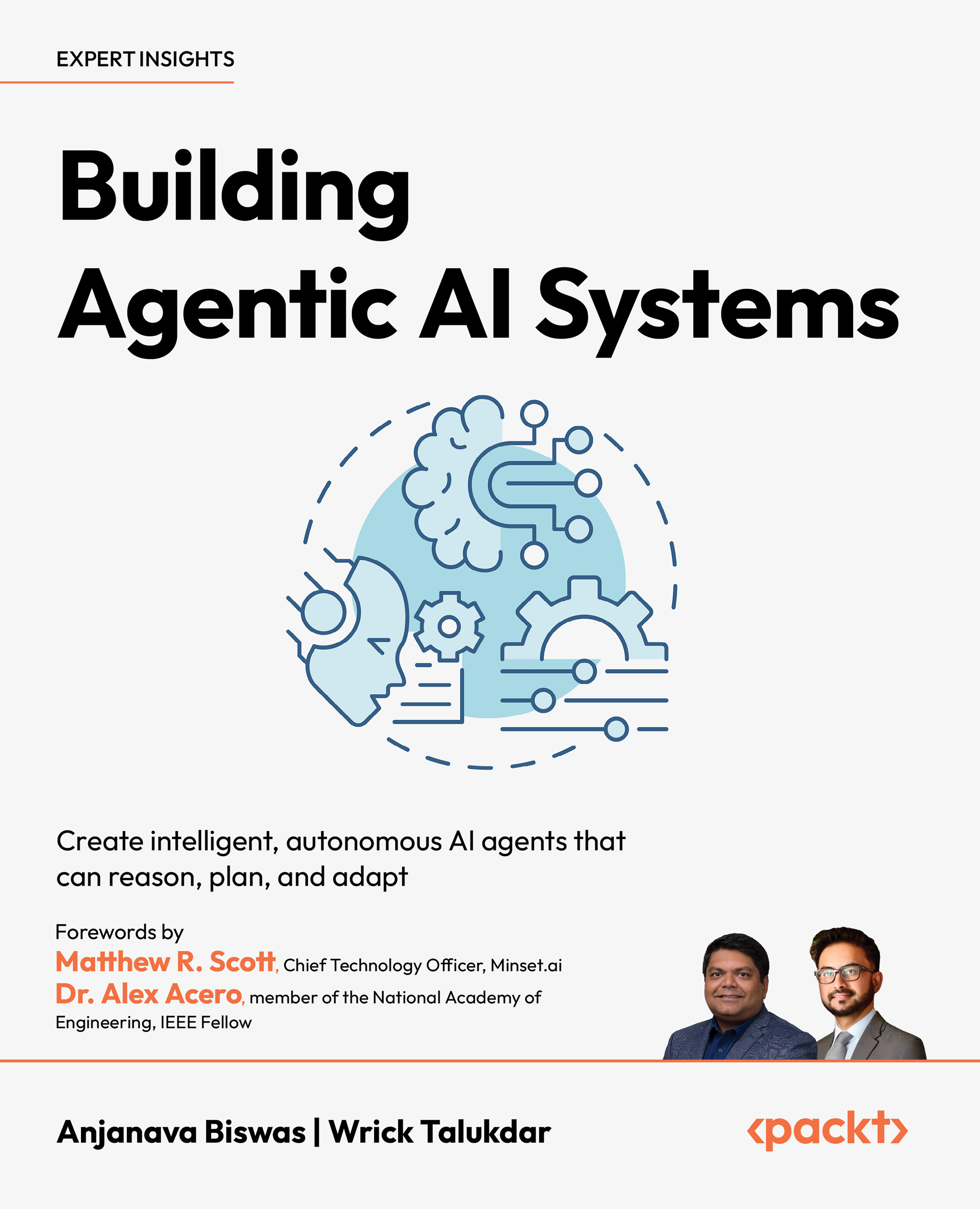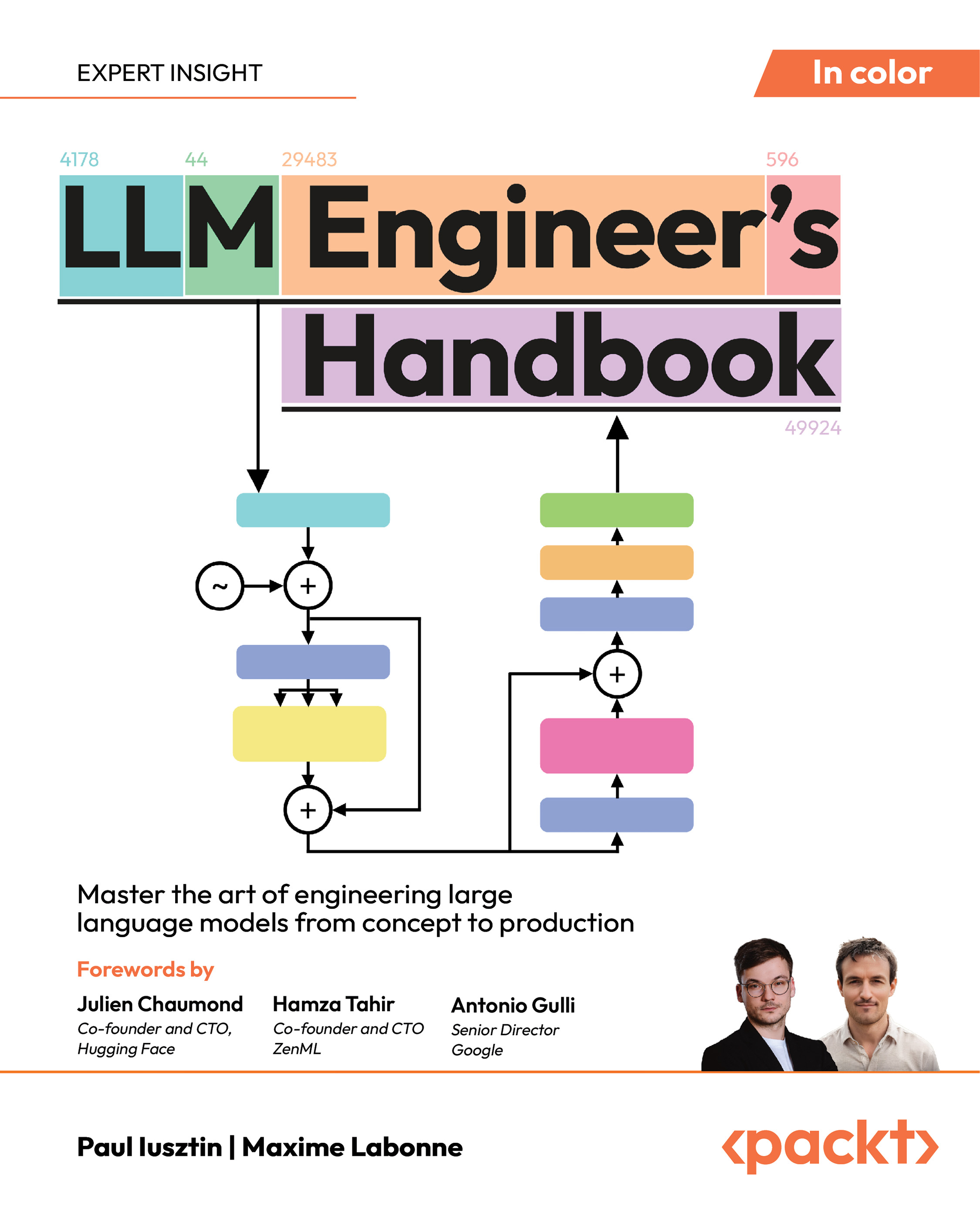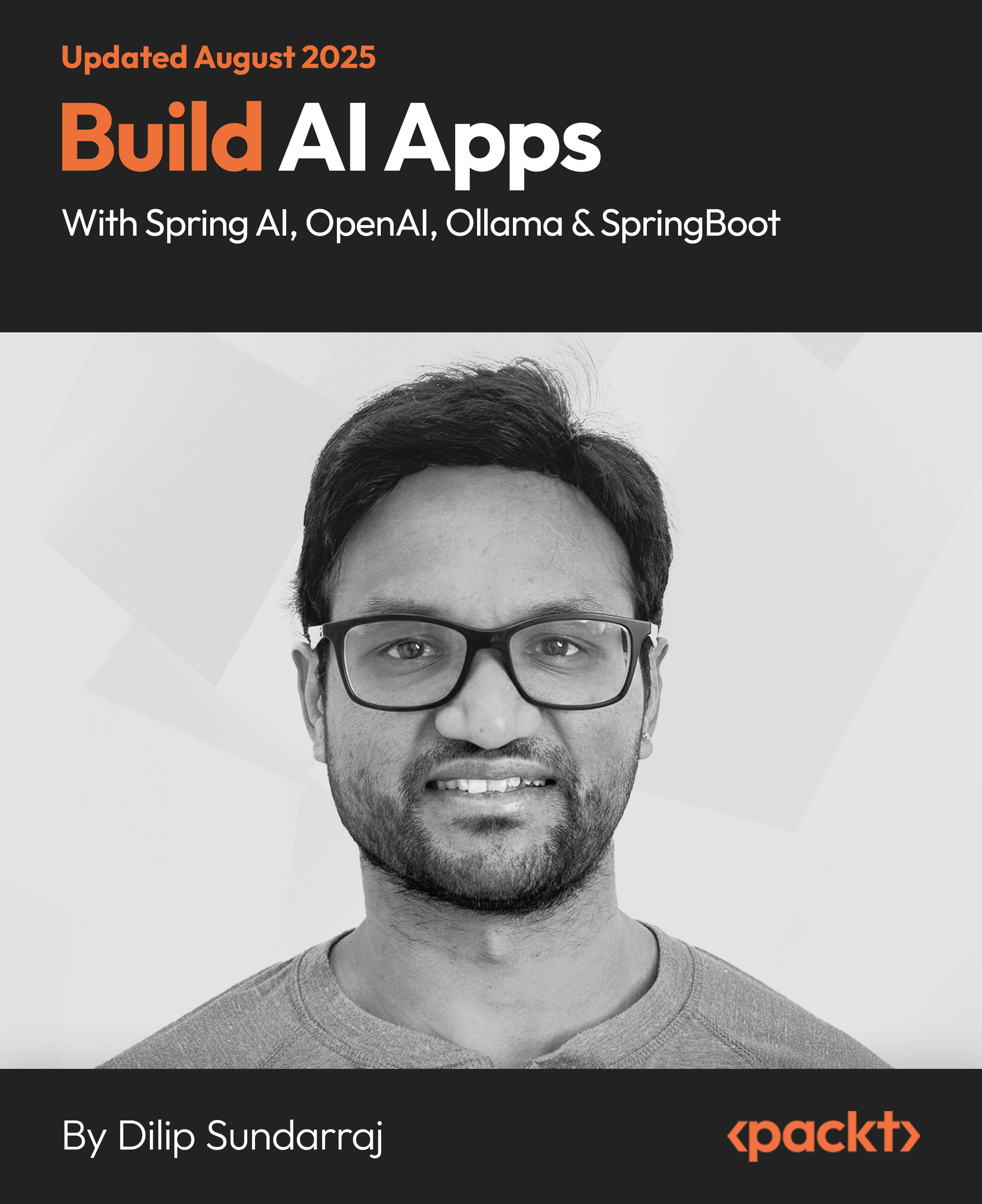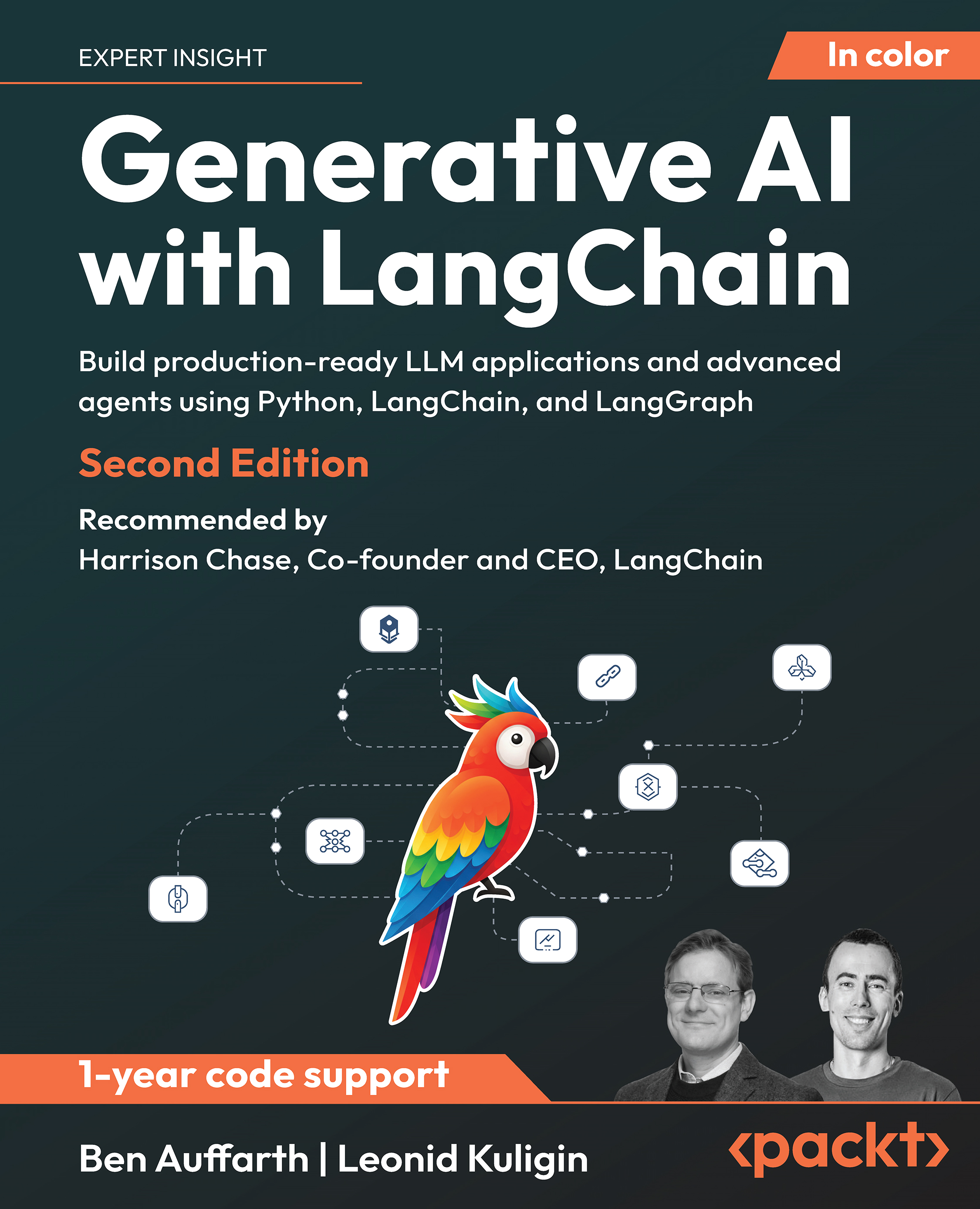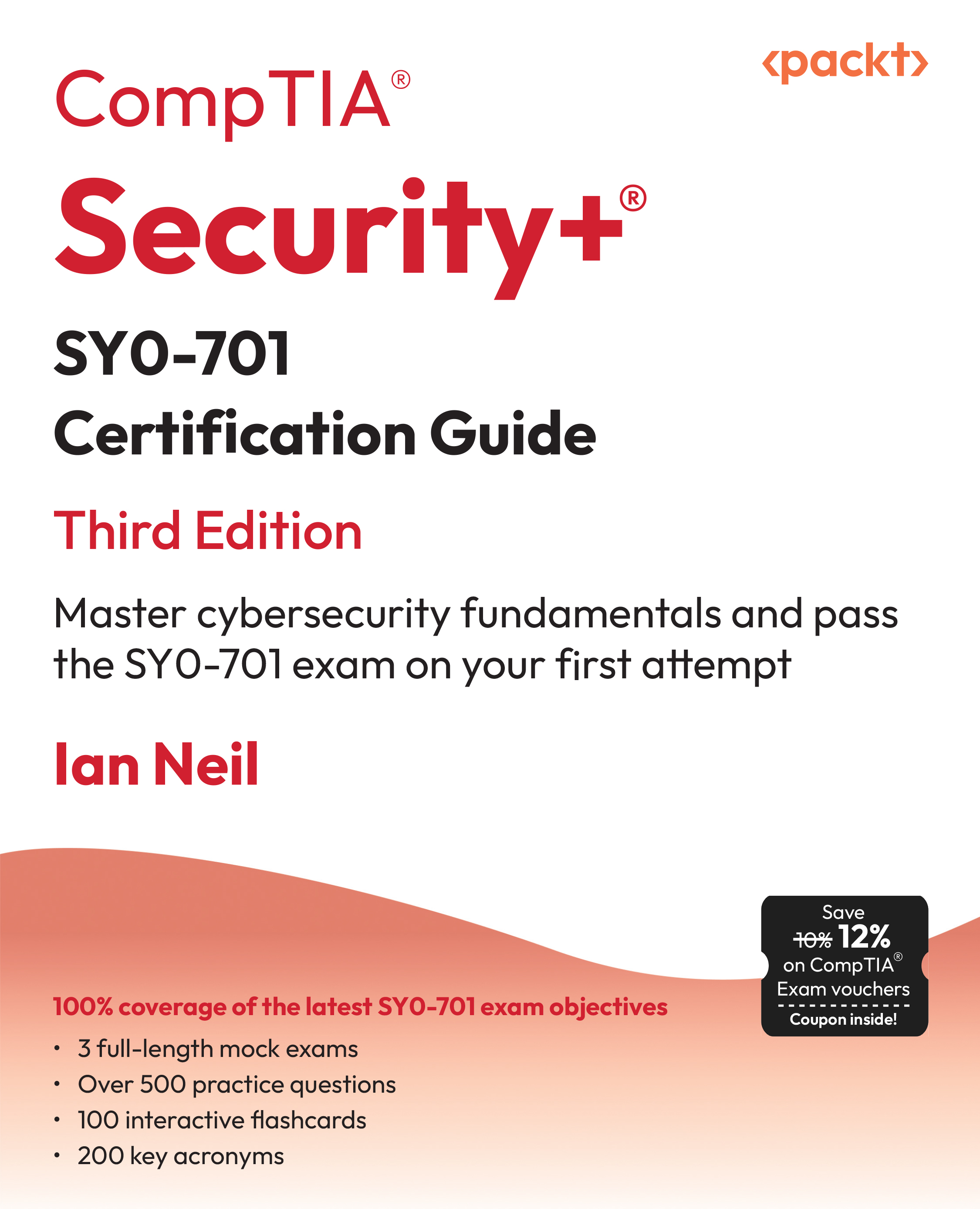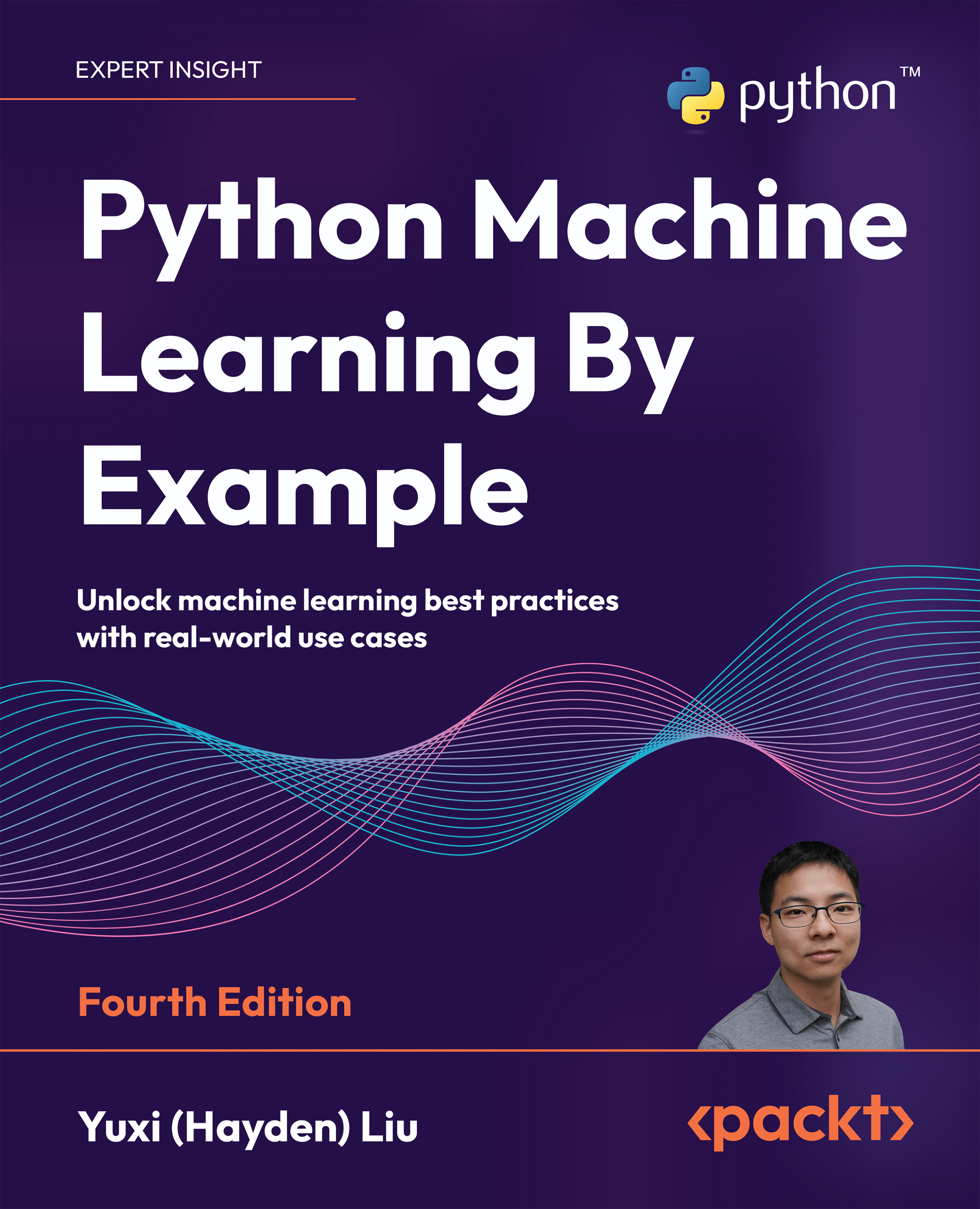Microsoft kicked off its highly anticipated Microsoft Connect(); 2017 annual conference on the 14th of November. This three-day annual developer conference is targeted at improving the overall developer experience for building future-oriented apps.
In the words of Mitra Azizirad, Corporate VP of Microsoft’s Cloud+Enterprise :
“Whether you are creating cloud native-applications, targeting the edge of devices and Internet of Things, infusing your apps with AI, or just getting started, Connect(); 2017 will equip you with the tools and skills you need to build the apps of the future”
Key highlights from the Microsoft Connect(); 2017
This year the conference is all about Microsoft forming new partnerships, creating better platforms, enhancing developer productivity, and developing AI enabled tools. A large number of announcements were made pertaining to these areas.
New platforms and partnerships
Microsoft announced new platforms and partnerships catering to their customers as well as the open source community.
Microsoft Azure + DataBricks + Apache Spark = Azure Databricks
Microsoft has partnered with Databricks to bring the unique benefits of Apache Spark analytics platform with Databricks in the enterprise cloud. Termed as Azure Databricks, this analytics platform is optimized for Azure to help data scientists, data engineers, and business decision-makers with streamlined workflows and an interactive workspace.
Microsoft joins MariaDB Foundation
Microsoft has collaborated with MariaDB community to work closely with the MariaDB foundation. In addition to this, they have also launched a preview of Azure Database for MariaDB service. Developers using Azure Database for MariaDB can now build intelligent apps; Azure Database for PostgreSQL and MySQL already exist.
Azure Cosmos DB with Apache® Cassandra API
Microsoft has also launched native support for Apache Cassandra API in Azure Cosmos DB. This comes as an integration of Azure Cosmos’s multimodal database service with Cassandra SDKs and tools, without any app code changes. This means developers can now use Cassandra-as-a-service powered by Azure Cosmos DB.
GitHub Partnership on GVFS
Microsoft has also partnered with Github to manage their large-scale source code repositories. This is made possible through their Git Virtual File System (GVFS) project.
Microsoft has built GVFS as an open-source extension to the Git version control system, making it easy to manage over 25 million user repositories.
Productivity enhancement
As with every year, a key focus area has been to enhance developer productivity, at an individual as well as at a team level. For this the following announcements were made:
Unlock access to the largest independent learning library in Tech for FREE!
Get unlimited access to 7500+ expert-authored eBooks and video courses covering every tech area you can think of.
Renews at €18.99/month. Cancel anytime
Azure DevOps Projects
Microsoft announced their Azure DevOps project. This will allow developers to build an Azure application on any Azure service using a wide variety of tech stacks. It can also configure a full DevOps pipeline fueled by Visual Studio Team Services.
Visual Studio App Center
Microsoft has also announced the general availability of its Visual Studio App Center. This app development lifecycle solution helps developers automate, test, manage, distribute, and monitor the lifecycle of their iOS, Android, Windows and macOS apps in the cloud.
Visual Studio Live Share
Microsoft also unveiled a real-time collaboration tool for developer productivity enhancement. Termed as Visual Studio Live Share, it allows developers using Visual Studio or Visual Studio Code to collaboratively edit and debug their code in real time. It also allows sharing their projects with other developers.
Visual Studio Connected Environment for Azure Container Service (AKS)
Developers can now use a new connected environment on Microsoft. This would be offered by Azure Container Services(AKS). It would allow developers to easily edit and debug cloud-native applications working on Kubernetes.
New Artificial Intelligence tools
Artificial Intelligence is revolutionizing how humans interact with technology. With this in mind, Microsoft has announced new AI tools to bring machine learning and intelligence to its developer audience.
Azure IoT Edge
Microsoft has made available the preview of Azure IoT Edge, a service for building AI applications for the Edge. Support for AI Toolkit for Azure IoT Edge, Azure Machine Learning, Azure Stream Analytics and Azure Functions is also provided. Developers can easily build AI applications using Azure Machine Learning and then deploy and manage them on the Azure IoT Edge.
Visual Studio Tools for AI
Visual Studio Tools for AI is an extension of their Visual Studio IDE. It will allow developers to create, debug, and edit AI applications and scale them to the cloud. It also supports popular deep learning frameworks including Cognitive Toolkit (CNTK), TensorFlow, and Caffe.
Key takeaways from the Microsoft Connect(); 2017
This is what we understand from the Microsoft Connect(); 2017 announcements:
- Microsoft sees partnerships as the key to success, and have partnered with prominent organizations and popular open source communities to help develop better products for their consumers and improve the overall developer experience by providing them easy to use tools and services.
- The AI wave is a next big hit for Microsoft, as the top players in the tech world (read Google, IBM, Amazon) have already adopted AI as the weapon of choice. Microsoft is catching up real fast, with the launch of their Visual Studio platform specific to AI application. This is a good move to stand head-to-head among the leaders.
- Edge computing is the next cutting-edge for Microsoft, as portrayed by their Azure IoT edge service.
- Bringing the developer community closer, by focusing on providing developers easier ways to collaborate and share their projects. The launch of their real-time collaboration tool, Visual Studio Live Share, and a new Connected environment are the next steps towards this goal.
Further announcements are expected in the upcoming days. You can visit our website for further updates on upcoming announcements and detailed analysis. For live coverage, you can tune into Connect(); 2017 for more interesting stuff from Microsoft.
 United States
United States
 Great Britain
Great Britain
 India
India
 Germany
Germany
 France
France
 Canada
Canada
 Russia
Russia
 Spain
Spain
 Brazil
Brazil
 Australia
Australia
 Singapore
Singapore
 Canary Islands
Canary Islands
 Hungary
Hungary
 Ukraine
Ukraine
 Luxembourg
Luxembourg
 Estonia
Estonia
 Lithuania
Lithuania
 South Korea
South Korea
 Turkey
Turkey
 Switzerland
Switzerland
 Colombia
Colombia
 Taiwan
Taiwan
 Chile
Chile
 Norway
Norway
 Ecuador
Ecuador
 Indonesia
Indonesia
 New Zealand
New Zealand
 Cyprus
Cyprus
 Denmark
Denmark
 Finland
Finland
 Poland
Poland
 Malta
Malta
 Czechia
Czechia
 Austria
Austria
 Sweden
Sweden
 Italy
Italy
 Egypt
Egypt
 Belgium
Belgium
 Portugal
Portugal
 Slovenia
Slovenia
 Ireland
Ireland
 Romania
Romania
 Greece
Greece
 Argentina
Argentina
 Netherlands
Netherlands
 Bulgaria
Bulgaria
 Latvia
Latvia
 South Africa
South Africa
 Malaysia
Malaysia
 Japan
Japan
 Slovakia
Slovakia
 Philippines
Philippines
 Mexico
Mexico
 Thailand
Thailand


